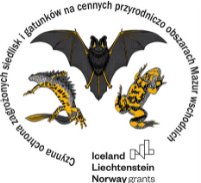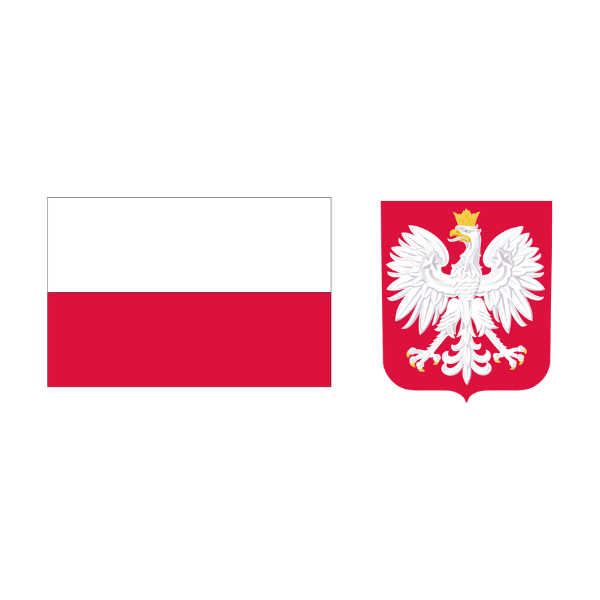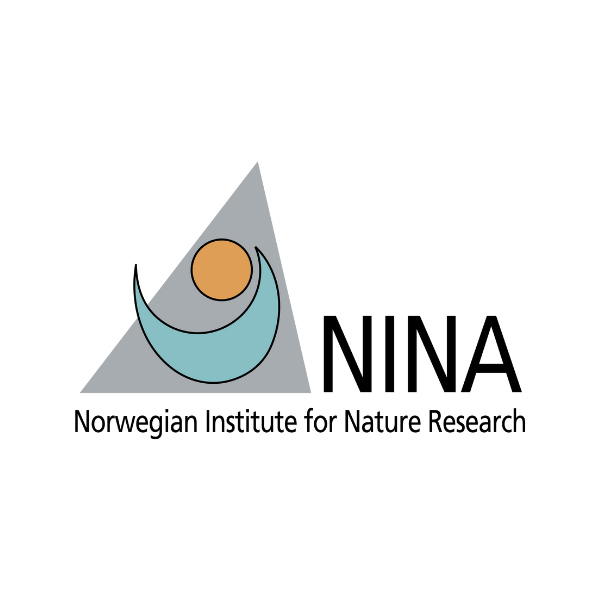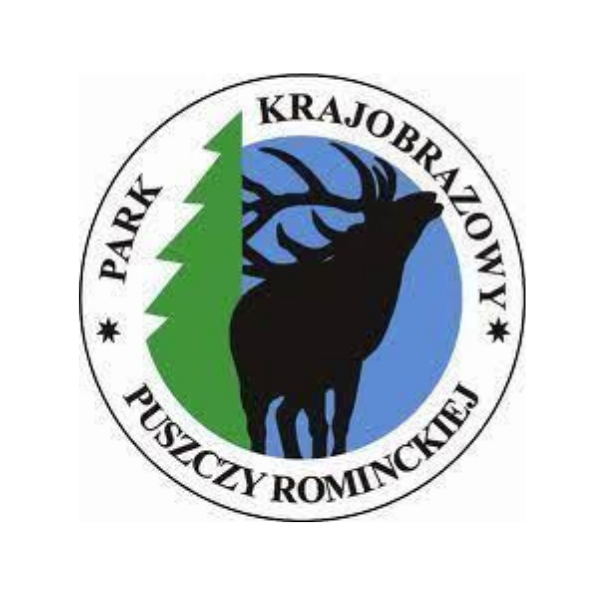Rago: experience the nature at its best
Small by Norwegian standards (171 km2), Rago National Park is notable for the fact that, together with three neighboring Swedish national parks (Pajelanta, Sarek and Stora Sjöfallet), they form one of the largest continuous wilderness areas in Europe.
These areas are important for the conservation of biological diversity and the protection of natural wetlands. Unlike its Swedish neighbors, Rago has a typical coastal climate with high rainfall, cold summers and relatively warm winters.
The heart of the park is the Littleveryvassforsen waterfall, which is an 11 km walk (if you can call this hard trekking through the forest, rocks and accompanying elevation changes). Efforts will definitely be rewarded with fantastic views and cool pictures for social networks.
In 1732, Carl Linnaeus, an outstanding naturalist and founder of the scientific classification of living organisms, collected material here for his scientific research. He highly valued the local people who accompanied him and noted their good health. As a result, in 1737 the work “Lapland Flora” (Flora Lapponica) was published.
By the way, hunting for black grouse, hares, wild minks and red foxes is allowed in Rago National Park. With a license, you can fish in all available nature reservoirs.
Photos: Marius Saunders, Birgit Saunders, Tore Veisetaune, Jim Kristensen, Frank R. Dahl, www.europeanwaterfalls.com







